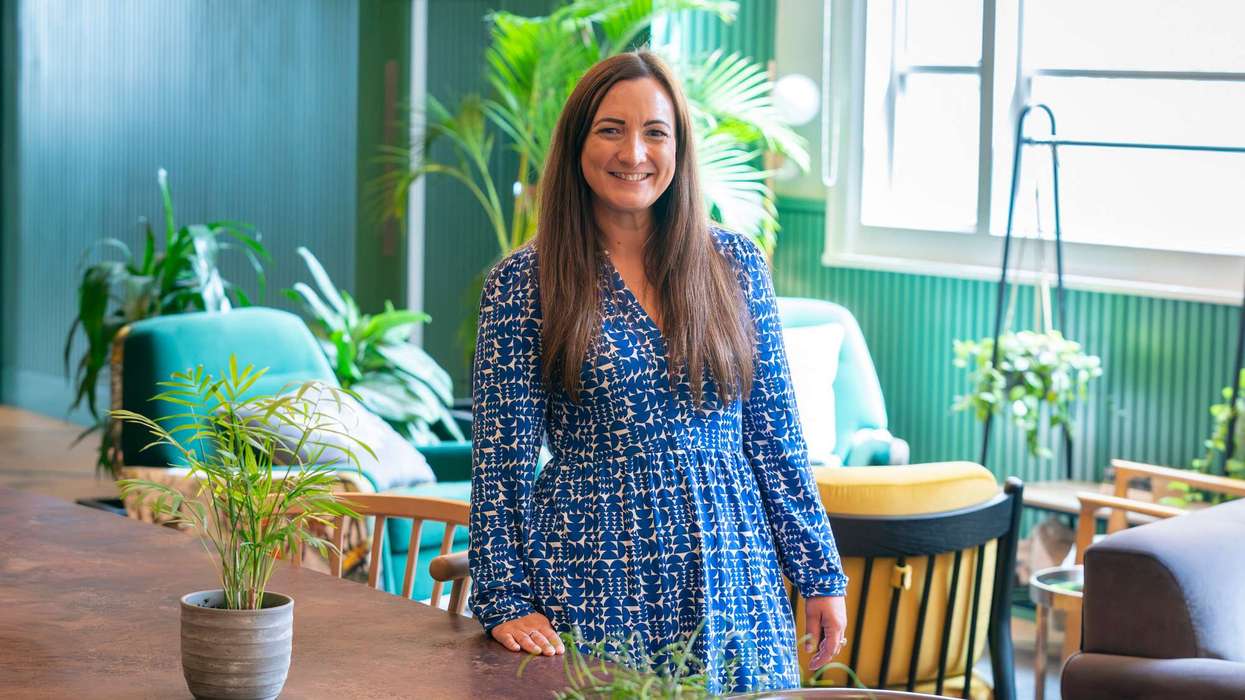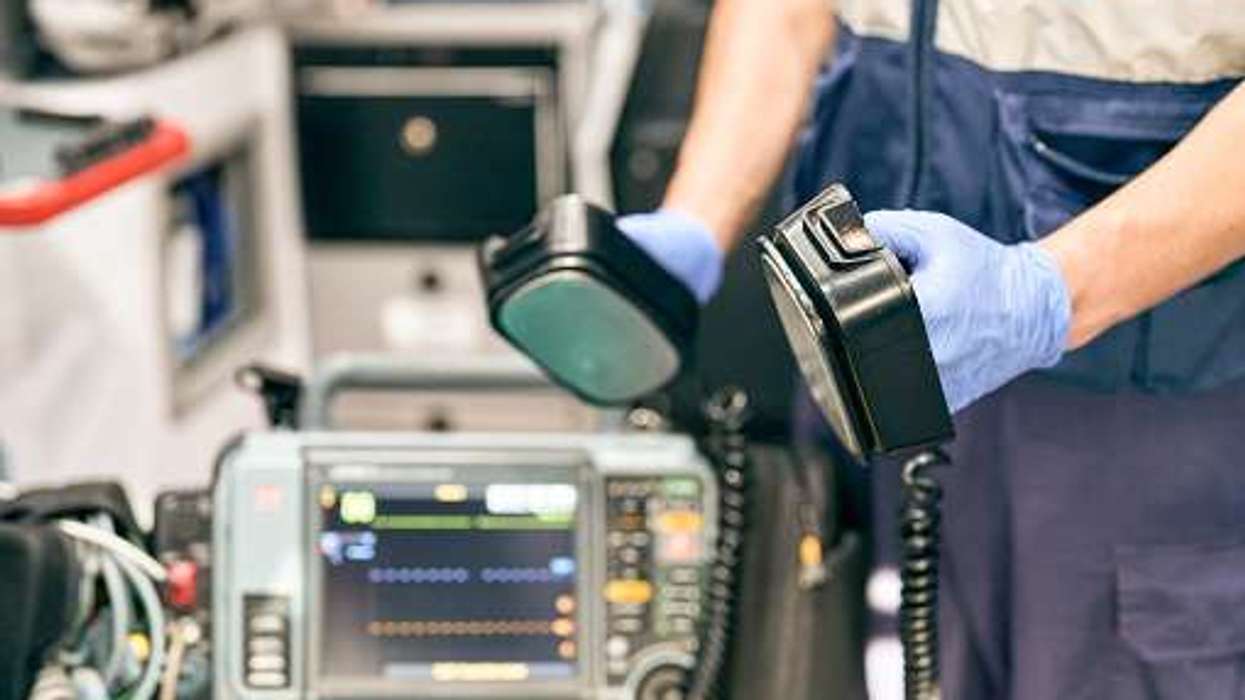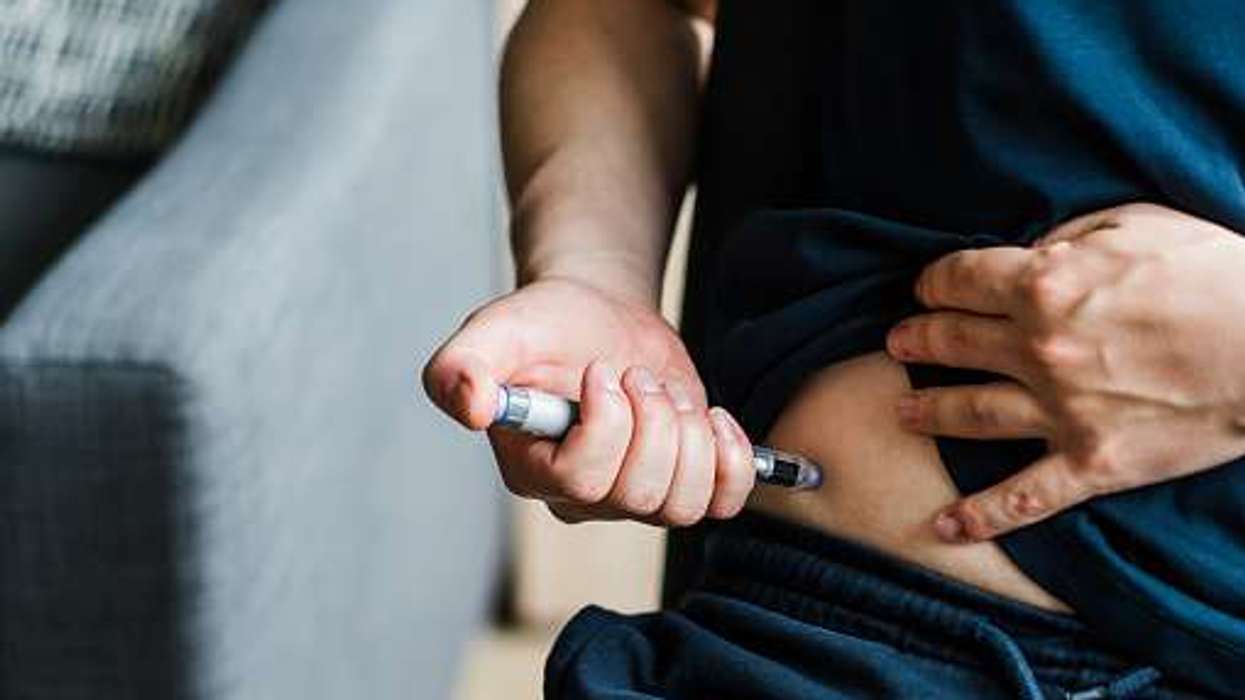“We have heard loud and clear that community pharmacy wants to play its part in this hugely important challenge of delivering the vaccination programme and we look forward to supporting you in doing so.”
NHS England has asked community pharmacy contractors to ensure they are ready to administer Covid-19 vaccinations from late December or early January, although when the first vaccination will become available is still unknown.
However, the Pharmaceutical Services Negotiating Committee (PSNC) warns that due to the complexity surrounding scale and storage requirements for a likely initial vaccine – pharmacy teams’ involvement will be very different from any involvement they have had in other vaccination programmes.
If a vaccine candidate like AstraZeneca/Oxford's, which can be stored for longer periods in a fridge, was rolled out nationally, a ‘traditional’ approach to vaccination such as that used in the ongoing flu vaccination programme could become possible.
Current options
The PSNC notes that as the situation is changing rapidly, it is difficult to predict how the programme may evolve over the next few months. However, as things stand, there are two main ways in which community pharmacy contractors could play a part in a potential Covid-19 vaccine rollout.
First, they can collaborate with the general practices in their primary care network (or a neighbouring one) to support the PCN vaccination site and any outreach into care homes etc. necessary from that site. This could involve pharmacy contractors providing staff, under a private sub-contracting arrangement, to support the GP/PCN-led service, who will be responsible for meeting the costs of paid workforce.
Second, they provide a Covid-19 vaccination service from pharmacy-led designated sites, which will be commissioned as a Local Enhanced Service by NHS England and NHS Improvement regional teams in consultation with Local Pharmaceutical Committees, either because they have no existing provision in an area or they need additional provision.
If contractors believe they can provide such a site and have the capacity to deliver the service, they should submit an expression to their NHSE&I regional team by 4pm on Sunday, December 6.
The designated pharmacy-led sites are expected to be ready to administer vaccines from late December or early January, with the exact date dependent on individual vaccine licensing dates and manufacturers' supply schedules.
The fee for Covid-19 vaccines will be £12.58 per vaccination. This additional payment recognises the extended requirements around the Covid-19 vaccination, including training, the need for post-vaccine observation and any associated costs thereafter. The fee will be paid on completion of the final dose which will be £25.16 in total if the vaccination requires two doses. NHSE&I will replicate for Covid-19 vaccination programme the same kind of additional support it provided pharmacy contractors for the flu programme, such as payment for venue hire, etc.
Majority unlikely to have capacity
However, the PSNC thinks the vast majority of pharmacy contractors are unlikely to have the capacity to provide a vaccination site on their own. If contractors think they do have capacity to get involved and want to do so, the GP/PCN-led service is likely to be the best option for most to pursue. In that circumstance, contractors should contact their PCN and it would also be sensible for them to seek advice on any local developments from their LPC.
But where contractors are interested in providing a pharmacy-led vaccination site, they should contact their NHS regional team in the first instance. Contractors with a large number of pharmacies across the country can also contact the NHS central pharmacy team.
The NHS letter – jointly signed by Emily Lawson, chief commercial officer and SRO vaccine programme; Ed Waller, director of primary care; and Dr Keith Ridge, chief pharmaceutical officer for England and issued on Nov 27 – also mentions a third option for individual pharmacists, able to support local workforce arrangements, who can do so by joining the NHS Covid-19 vaccine team.
‘We have heard loud and clear’
Commending community pharmacy for “currently doing an outstanding job of increasing coverage” of the expanded winter flu programme, the letter said: “Through their place in local neighbourhoods, pharmacies are well placed to reach out to our diverse communities and avoid inequalities in access. This means community pharmacy will have an important role in a potential Covid-19 vaccination programme.”
It added: “Several potential vaccines for Covid-19 are in the later stages of phase III trials. If one or more are authorised for use, the NHS needs to be ready to start immediate vaccination.
“We have heard loud and clear that community pharmacy wants to play its part in this hugely important challenge of delivering the vaccination programme and we look forward to supporting you in doing so.”
Welcome the clarity: AIMp
Commenting on the letter, the Association of Independent Multiple Pharmacies (AIMp) said: “We welcome the clarity that this letter brings. Our members have been at the frontline since this pandemic began and we want to help our communities get their normal lives back.
“Our members want to be involved in delivering vaccines and it is good to see that NHSE&I have provided the information we have been waiting for to review the resources we have nationwide and decide how we can bring them to bear to help the NHS defeat this virus.”











